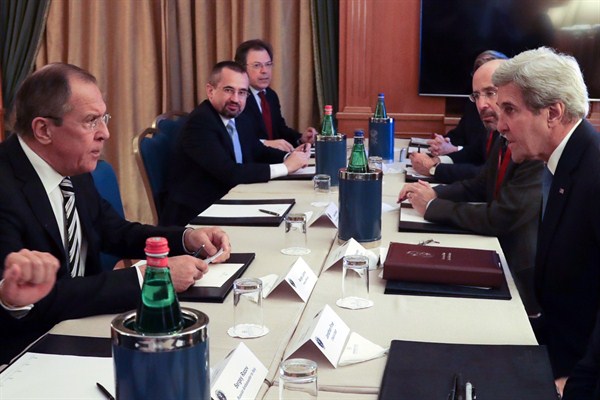The buzz in foreign policy circles this week has been over President-elect Donald Trump’s phone conversation with Taiwanese President Tsai Ing-wen, which overturned decades of protocol governing official U.S. contact with the government of Taiwan. It seems that the conversation was not a casual faux pas, but a purposeful decision by the Trump transition team. Now diplomats in Beijing and Washington have to cope with the fallout.
But if the essential function of diplomacy has lost some of its sheen in Washington, it is not only the result of Trump’s iconoclastic approach. Traditional diplomacy has also been weakened by competition from the information revolution, while the world’s persistent and intractable “problems from hell” have taken a toll on its perceived utility. Finally, the inability of the U.S. security bureaucracy to understand how information flows in international relations has further hampered the work of diplomats.
It now appears that Trump’s conversation with Tsai was the result of more than a casual disregard for diplomatic conventions. Conservatives who see Taiwan as a valiant and successful democracy have long chafed at the protocols established in the late 1970s, when the U.S. carefully shifted its China policy to normalize relations with Beijing.

